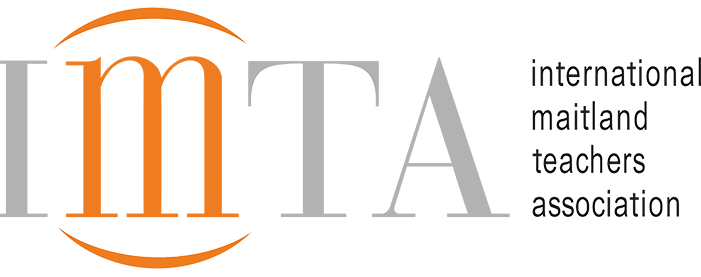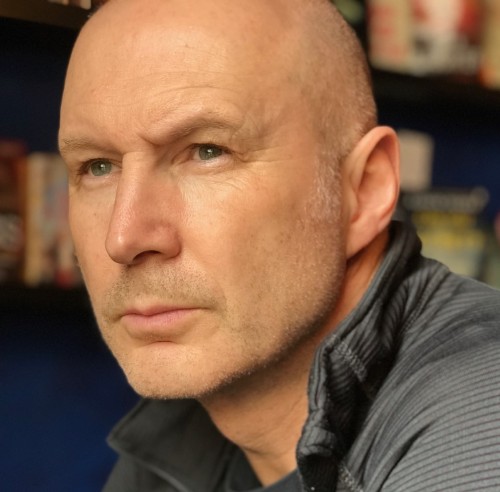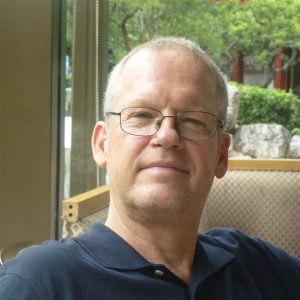Medical Screening

"In Medicine you only see what you're looking for and only recognise what you already know!"
Autonomous Practice:
The good news is that Physiotherapy is becoming an autonomous profession in more and more countries around the world. I understand that Physiotherapists in Switzerland are currently looking into the possibility of gaining direct access for the profession and congratulations have to go to Poland where our colleague Zbyszek Wronski had a large role to play in progressing the profession and gaining autonomy in 2016.
In the UK Physiotherapy became autonomous in 1977, however the real benefits of this didn’t really begin until the 1990’s. It was during the 1990’s when the first Extended Scope Practitioner (ESP) roles were developed in our profession. I was fortunate enough to begin one of these roles in Orthopaedics in 1999. These posts sit between the Medical Doctor in primary care and the Orthopaedic Consultants in secondary care. On average, ESP’s see 80% of the referrals made to the Orthopaedic Consultants.
It’s not so much bad news, but these roles do expose us to much more potential to see the non-musculoskeletal causes of pain and dysfunction and therefore how to manage clinical risk has to be discussed and planned in detail. After 18 years of experience in this role I now teach a 2 day course on Medical Screening to Physiotherapists to educate more about all the potential musculoskeletal masqueraders.
This information however, is relevant to us all and not just those in extended roles. In reality many Physiotherapists have been working “autonomously” in many countries for many years by seeing patients in private clinics. When a patient walks through your clinic door without a medical referral the problem could be from any number of pathologies. In addition even when a patient walks through your door with a referral from the Medical Doctor, the underlying cause of the patient’s symptoms could still be a medical problem. I have seen a patient referred from the Doctor with a diagnosis of anterior knee pain, only to find the cause was a malignant osteosarcoma and the list of similar stories is long!
There has been a lot of detailed information provided previously on this blog on differentiation by my colleague Rolf Walter who quite rightly has summarised a lot of interesting points to consider. In addition there have been many blogs on the need for us to work in the Bio-Psycho-Social framework, which many of us now do. However, we must not exclude the Bio part in favour of the Psycho-Social part. After all, addressing a patient's fear of movement will be of little benefit to Pancreatic cancer.
All the aspects of this holistic approach need to be considered and only after you are confident that the Bio part does not suggest a source requiring medical intervention can we then progress further with the patient.
Obviously the medical diagnosis requires access to medical investigations such as MRI scans, x-rays, nerve conduction tests, blood tests, etc, which the ESP roles do have access to. However, for Physiotherapists without access to such investigations, a strong hypothesis can be generated by good use of the semi-permeable brick wall model of clinical reasoning which the Maitland Concept pioneered. Only by understanding all our theoretical knowledge and information can we make sense of the clinical picture each patient presents with. The problem is that sometimes there are gaps in our knowledge which then makes understanding the clinical picture difficult. For example there are at least 163 red flags. Do we all know them all?! So this is where another aspect of the Maitland Concept is useful – “make the features fit”. If something does not make sense or does not respond as you would expect, then your index of suspicion for a non-neuromusculoskeletal cause to the patient’s symptoms should rise. As Mr Wronski has detailed in a previous blog, increased pain during ejaculation is not normal, the features don’t fit and this behaviour should always be considered a red flag. A normal physical examination often means the features do not fit and again therefore should prompt the Physiotherapist to seek further medical investigations.
Sound clinical reasoning with an open and flexible mind should be the corner stone of everything we do in clinical practice. Again this is a key principle of the Maitland Concept but it is easier said than done. The Doctors also struggle with this, so again we should remain vigilant to possible medical causes to our patient presentations. Recent personal experience has re-iterated my belief that we cannot rely on the Doctors to be perfect! My son recently had abdominal pain and after 7 weeks of several Doctor visits I was shouting appendicitis to them which they refused to accept due to the presentation “not matching this condition”. I tried to point out that that was why we perhaps have the term “atypical” but still they refused to believe until a hospital admission and an abdominal ultrasound confirmed appendicitis.
The majority of the red flags are in the Subjective Examination (approximately 119) and therefore all the issues we have in the Physical Examination with structural differentiation, the complications of pain mechanisms, multidimensional natures, false positive tests, false negative tests, interpretation of tests etc. etc. are less relevant for the purpose of medical screening. Good communication and active listening to the patient during the C/O driving Hypothetico-Deductive clinical reasoning, as promoted by the Maitland Concept are therefore much more important in screening out the “medical patients”.
Within the last year the UK has taken another step forward and now has Physiotherapists working as Advanced Practice Physiotherapists (APP’s). This means the Physiotherapist now sits in the Medical Practice and any calls from patients with conditions that sound musculoskeletal are given an appointment with one of these APP’s rather than a Medical Doctor. So after gaining autonomy 40 years ago Physiotherapy in the UK has now truly achieved direct access!
So in summary, the future is bright and exciting for our profession around the world and a thorough understanding and utilisation of the Maitland Concept in clinical practice provides a very good base for our profession to progress up to new heights in healthcare. Good luck to Switzerland and any other country starting the process of gaining autonomy for our wonderful profession.
Matthew Newton, March 2018.




Comments